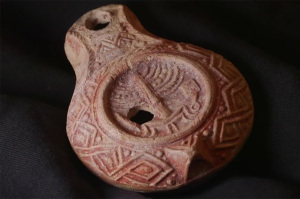Mi Band 2 News and Updates 2016: Microsoft No Longer Producing Fitness Tracker
Microsoft has stopped production for it's wearable fitness tracker, the Microsoft Band 2. This device was first introduced two years ago, and now it seems that the company will give way for other firms to continue with this wearable niche.
In contrast, several firms have vowed to expand their production line for health and fitness hardware. That includes FitBit with it's new Charge 2. FitBit is revamping their popular fitness trackers, with much better activity tracking and newly added tools.
One evidence that Microsoft has stopped Band 2 production is it's absence in the online store. A spokesperson for Microsoft also said that the company will not produce a Band 3 this year. However, it will continue to provide customer service to people who already own a Band 2.
Aside from that, Microsoft will also continue to promote a platform of software that is focused on health on other devices it is currently developing.
Microsoft is also facing tough competition in this niche from companies such as Nike, Samsung and Withings. Even Xiaomi has entered the fitness tracker devices. Some of these are cheaper than the Band 2, which has a pricing that is comparable to Apple Watch and Android Wear.
Microsoft Band Features
The original Microsoft Band was first produced in October 2014. The Band was introduced at a time when wearable fitness devices were popular. Last year, a new version of the Band was released. Both devices can read many of one's vital health statistics, including light conditions and heart rate.
The Band can also guide users to perform strength training exercises. It can also track your running progress via global positioning system (GPS). Moreover, the Band connects with your mobile device for notifications.
One draw back of the Microsoft Band 2 is that you need to use a Windows phone that runs Cortana. You need this to check the weather, take notes, and other cool and important features. Unfortunately, there is a very small population of people actually using Windows phones these days.
Microsoft's Hardware Woes
Microsoft Band 2 is not the first set of hardware products that have flopped for the company. The MSN Direct Smart Watch, one of the earliest smart watches, flopped as well. The product was a result of collaboration between Microsoft, Swatch and Fossil. Kin phones, targeted at younger consumers, were also a failure.
Microsoft's new Push
Satya Nadella, Chief Executive of Microsoft, said that the company is now limited to creating certain hardware where they could set apart from other firms. That excludes smart phones, for now. Microsoft is now driven towards improving the Surface computers, Xbox consoles and the HoloLens, which Microsoft describes as "the first fully self-contained, holographic computer, enabling you to interact with high-definition holograms in your world."





























